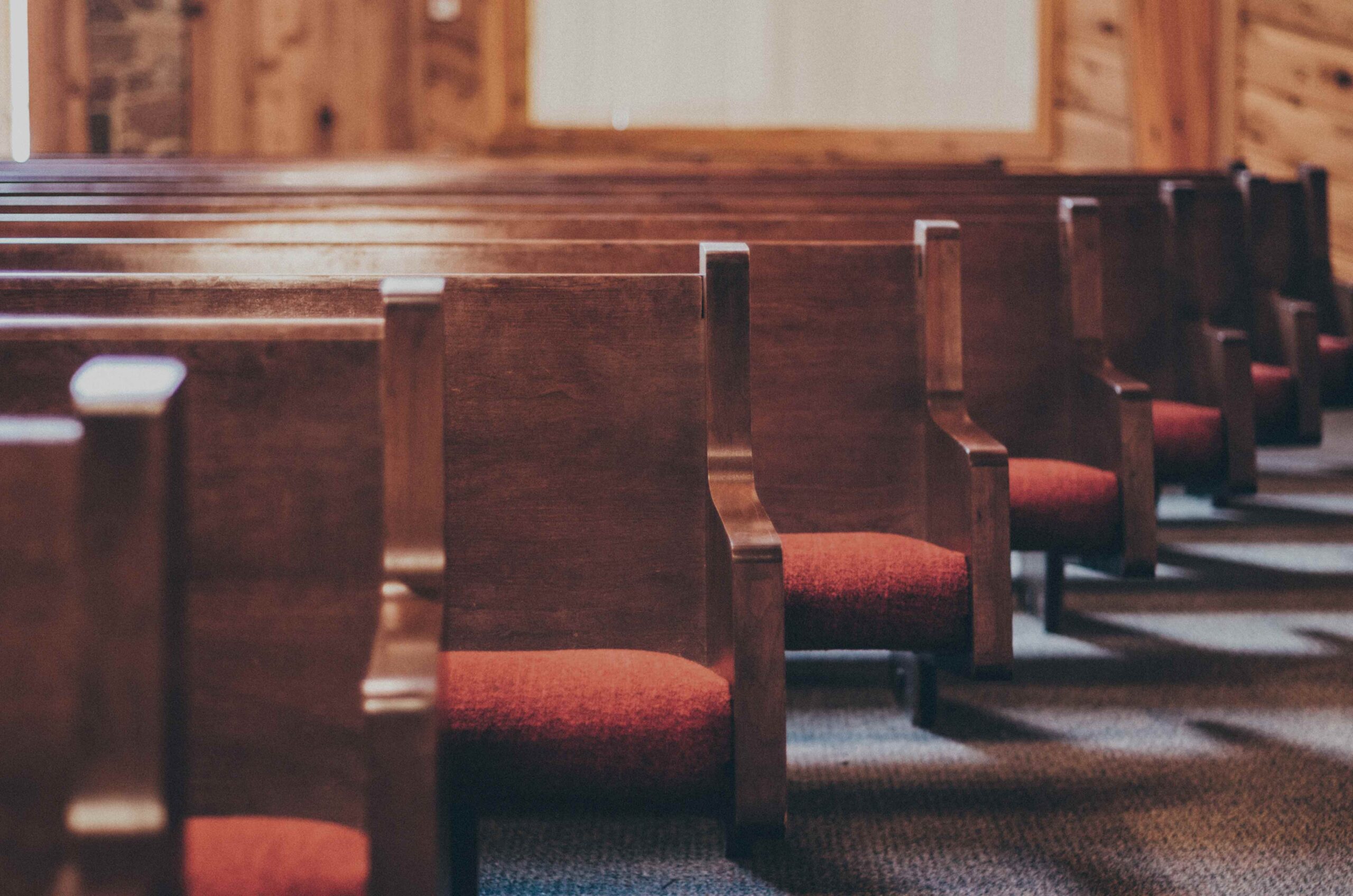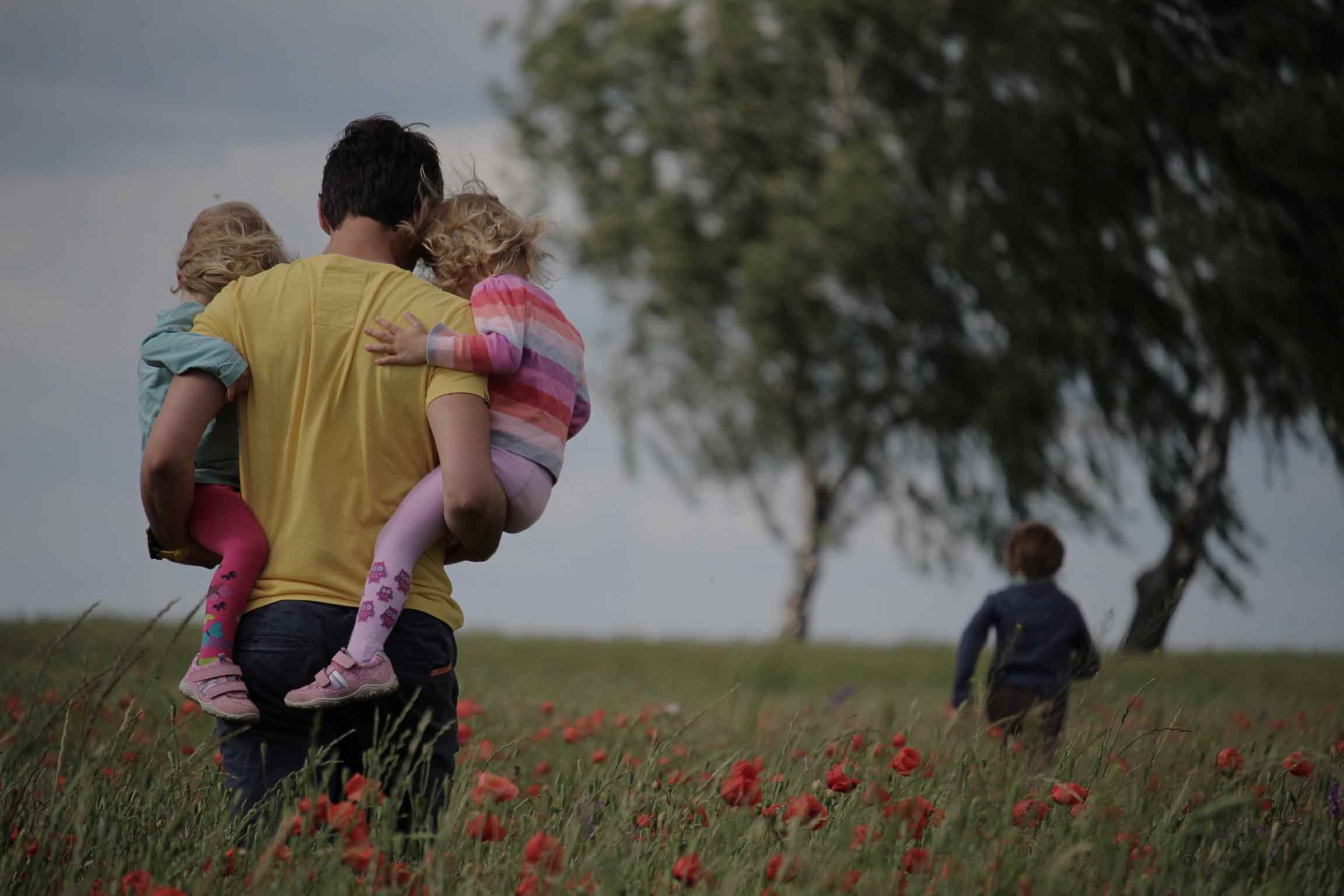Five Things I Learned From My Husband’s Life-Threatening Illness
LEAH FARISH|GUEST “Inoperable.” “Stage 4.” “Radiation won’t help.” “Aggressive cancer.” These are things I was told about my husband Kent’s sudden, alarming condition two months ago. But I was also told important things from the Word of God. Since those are the things that apply to everyone, those are what I want to tell you. When we thought he had mere weeks to live, we sat together in awe as he sipped bone broth, the only thing he could stomach. He had started chemotherapy the very day he first saw an oncologist, who admitted him straight to the hospital. We murmured in disbelief to see my husband, a physician himself and a dynamo of energy, quickly declining to a wraith who couldn’t walk across the street. I started asking him his passwords, and hired a yard man. Calls and texts started to pour in to my phone with questions and offers of help. One thing we resolved to do was not to criticize or minimize any attempt to comfort or assist us. I learned not to second-guess messages or gestures of concern, no matter how brilliant or clumsy. We agreed we would take everything that people brought to our situation, no matter how big or small, as straight from God’s hand. We had no desire to use what we thought were Kent’s last days in critiquing ways that others tried to express their love. Love doesn’t keep count of wrongs suffered, so if we had had expectations of what someone should do for us, we gladly dropped them. Since when one member of the Body hurts, we all hurt, maybe wisdom from the pain might come to us through another who was not technically suffering. Kent even started habitually opening his hands upward whenever someone would proffer a prayer or encouraging word. Soon we felt the surrounding cloud of loving support sent by the Body of Christ...










